
“Words matter. And the words that matter most are the ones you say to yourself.”
~ David Taylor-Klaus
The Power of Self-Talk
With autoimmune disease, many of us choose healing diets to reduce inflammation and live healthier lives. When we first make this change, we’re very focused on the foods we’re no longer eating, and it’s common to say “I can’t eat that” when those foods are offered. Have you ever heard the saying: Be careful what you say because your body is listening? It’s true! And our hearts and minds are listening too. Words matter – whether we say them out loud or in our thoughts – and there’s a big difference between the phrase “I can’t” and “I choose”. One is negative and one is positive. That may seem like a small thing, but it can actually have a big impact.
I Can’t Eat That
When we say we can’t do something, it’s the language of restriction. No one likes to be told what to do – even by ourselves. We’re more likely to feel trapped, disempowered, resentful, and rebellious. These aren’t emotions that support long-term dietary changes. Instead, people may get into a restrict/binge cycle, or give up on the idea of a healing diet altogether. If you do successfully maintain dietary changes, your healing diet may feel like a burden rather than a gift. There’s no joy or flexibility in a “can’t” mindset.
I Choose Not To Eat That
In contrast, choice is the language of empowerment. If you say these two phrases back to back in your mind, do you notice the difference between how they feel? I love the language of choice for three reasons.
First of all, it’s true. We’re all adults here. We can eat whatever we want. We may experience negative consequences – certain foods may cause us to feel pain, digestive distress, mood swings, autoimmune symptoms, etc. This is why it may feel like there is no choice, yet we all know people who make choices that harm their health. It’s a small minority who are willing to try dietary changes, and you’re one of that minority. Give yourself credit for that.
That’s the second reason I love this phrase. It’s the statement of someone who knows themselves, knows their body, knows how food impacts their body, and makes conscious choices about the foods they eat. That’s worth celebrating! It’s this knowledge that allows you to live your healthiest and fullest life.
The final reason I love this phrase is that it contains flexibility. We can make different choices in different circumstances. For example, you may learn that you tolerate some foods when you’re relaxed on vacation that you don’t tolerate well under stress. There may be other foods that feel fine occasionally, but cause symptoms if you choose them every day. There may also be foods that you love so much that you’ll still eat them once in a while even if they cause symptoms, because you know how to recover afterward. And lastly, there may be foods you never eat, because it’s simply not worth the pain and inflammation that follows. The power of choice is a thoughtful, nuanced approach to a healing diet, one that’s personalized to your needs and sustainable over the long-term. Here’s to choosing well!
You May Also Be Interested In
Credit: image at top of page purchased from iStock.

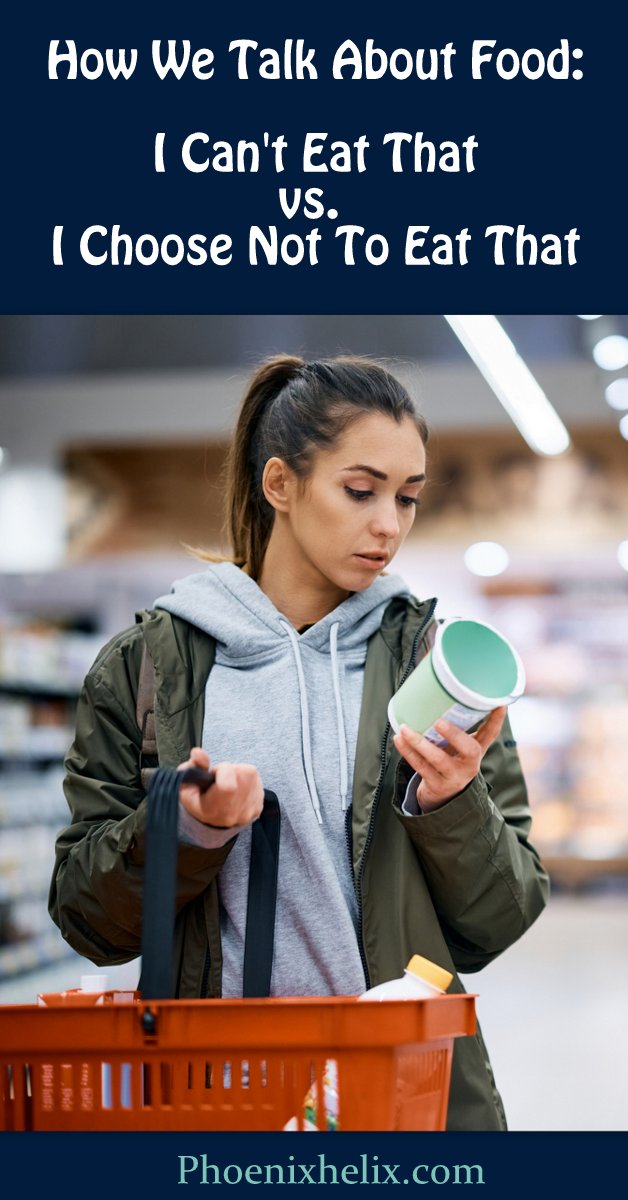
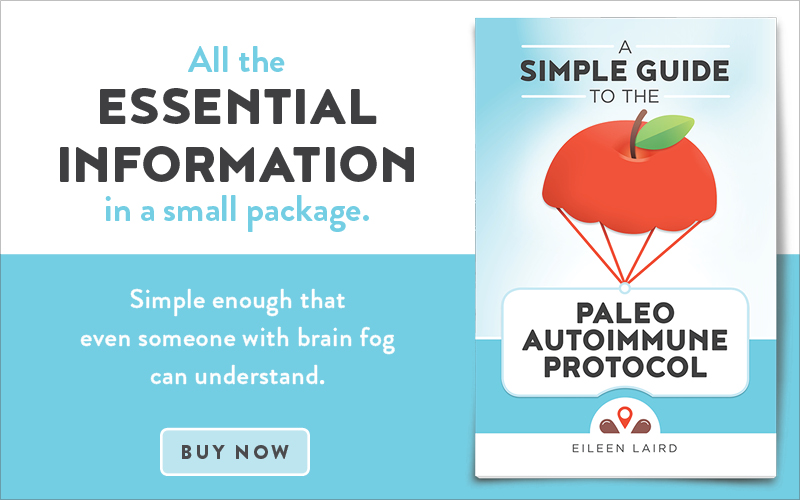
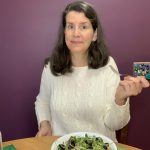

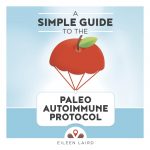
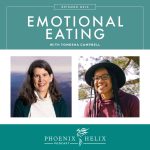
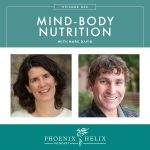


So much enjoyed this post of “How we Talk about Food”. I have a friend that whenever we go to a restaurant, she ALWAYS orders with telling the waiter/waitress she can’t eat this or can’t eat that. I looked at this comment as one the waiter/waitress really doesn’t care what any of us can or can’t have. Thanks for opening my eyes that this IS a negative comment, no question. That may be why it always grates on me, but have not found a kind way to bring it to her attention. Perhaps, I will forward this article to her.
Thank you, Eileen.
Hi Linda. I admire that you want to approach this topic kindly with your friend. I recommend being gentle. If you have food restrictions as well and use more positive language to express your needs, you can send her this article and talk about your own experience. Then, ask her opinion about the article and the power of language. That way, she won’t feel judged, and she can share her experience with you. It can be a deep and interesting conversation if you’re both curious about each other’s perspectives. I will say that in restaurants, I do understand people using stronger language so the waiter and kitchen staff take her food restrictions seriously. I think that can be a special case, although there’s nuance there too. I like the phrase “free” when it comes to ordering in restaurants. For example, asking the waiter to confirm with the kitchen that my order is gluten-free/dairy-free/nightshade-free (whatever restriction applies). But I will also say that for me, the power of language matters most in terms of how I talk to myself, and how I talk about my dietary choices with friends and family.